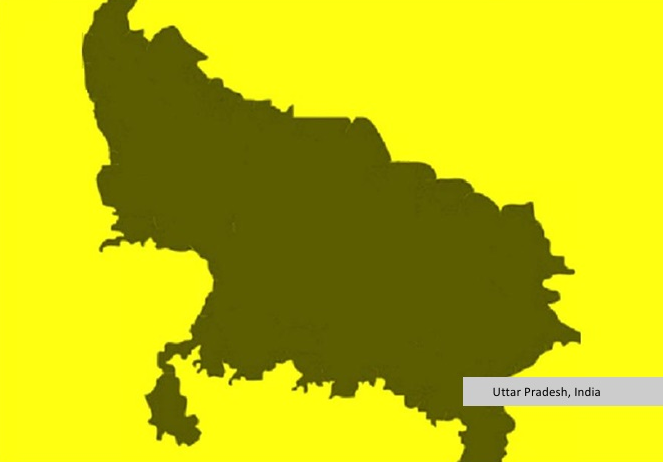The Asian Tribune
Amidst growing water crisis, there is an important aspect that needs urgent attention. Data shows that out of the urban wastewater and sewage generated in India, a mere 28 per cent –20,236 million litre per day or MLD, undergoes treatment, leaving a substantial 72% untreated and allowed to flow into rivers, lakes and land.
All this treated water – and the remaining untreated amount if treated – holds an opportunity within itself–the opportunity to ease India’s urban water crisis, says a new report from Centre for Science and Environment (CSE) that has been released now.
The report, titled ‘Waste to Worth: Managing India’s urban water crisis through wastewater reuse’, was released at a national workshop organised jointly by CSE and the National Mission for Clean Ganga (NMCG). Speaking on the occasion, Sunita Narain said, “India faces significant water scarcity challenges due to rapid urbanisation, industrial growth, population expansion – and most importantly — climate change. Wastewater reuse can be a key part of the strategy to address these concerns and promote water circularity and sustainability.”
She is director general, CSE. Also, Rajiv Kumar Mital, director general, NMCG addressed the inaugural session.
Releasing the report, Rajiv Mital said: “Using and disposing treated water, without harnessing its potential, means we are losing out on utilising an important resource. The challenge is to scale up and ensure that the work we do in this sector is impactful.”
The Jal Shakti Ministry has mandated that cities must recycle and reuse at least 20 per cent of the water they consume.
future, and for managing the ever-growing demand for freshwater.”
The CSE report points out that the gap in total sewage water generated and its treatment is the highest in Uttar Pradesh, followed by the states of Maharashtra, Karnataka, Rajasthan, Tamil Nadu, Delhi and Haryana (in that order). Says Chakraborty: “Having said that, the report also highlights good examples — cases of states that have introduced policies to encourage treated wastewater reuse.”
Maharashtra, for instance, mandates industries in urban areas to use treated wastewater. Gujarat targets 100 per cent reuse with applications in agriculture and industry, and Tamil Nadu promotes reuse for industrial and urban greening projects.
Cities like Nagpur, Benguluru and Chennai have taken the lead in implementing wastewater reuse practices. Nagpur supplies treated wastewater to power plants, significantly
reducing freshwater usage, while Benguluru utilises it for agriculture, lake revival and groundwater recharge. Chennai has adopted treated wastewater for industrial applications, urban landscaping and groundwater recharge.
It also highlights the critical importance of prioritising treated wastewater reuse as a public good, particularly for irrigation and groundwater recharge, while ensuring equity and justice for underserved communities. It urges a critical revaluation of treated wastewater reuse from both a policy and practice standpoint.
The urgency of water scarcity demands a fresh perspective on how we prioritise and utilise treated wastewater as a new and vital water resource. By promoting equity, fostering climate resilience, and advocating for sustainable water management practices, this report serves as a blueprint for building a robust framework for treated wastewater reuse across India.




